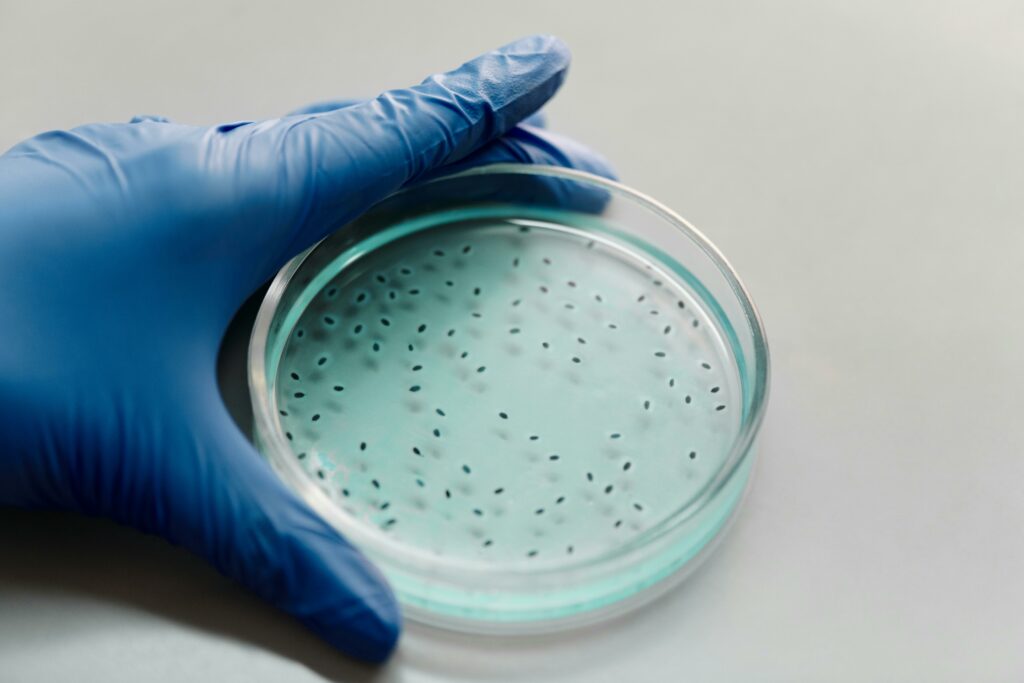Viruses in surface water

According to the new EU Drinking Water Directive, raw water must be tested for somatic coliphages. Raw water is water from water extraction plants that is treated or used as drinking water without further treatment. If the reference value in the raw water is exceeded, the treated water must also be tested for coliphages.
But what exactly are somatic coliphages? Generally speaking, bacteriophages are viruses that infect bacteria. These viruses penetrate the bacterial cell and multiply there. Lysis causes the cells to burst and the viruses can escape from the so-called host. The bacterium dies in the process. The released bacteriophages can now infect other bacteria and the cycle begins again. When phages infect the bacterium Escherichia coli, they are called coliphages.
Coliphages are structurally very similar to human pathogenic viruses. They are therefore considered an indicator of faecal contamination and can be an indication of other potential pathogens. Raw water, which is obtained from surface water, is tested for coliphages in order to assess the condition of the water and the filter performance of the systems.
In the laboratory, a prepared bacterial lawn is inoculated with the water to be tested. If phages are present, “holes” form in the growth, known as plaques. According to the Drinking Water Ordinance, a reference value of 50 plaques is set for untreated water.
